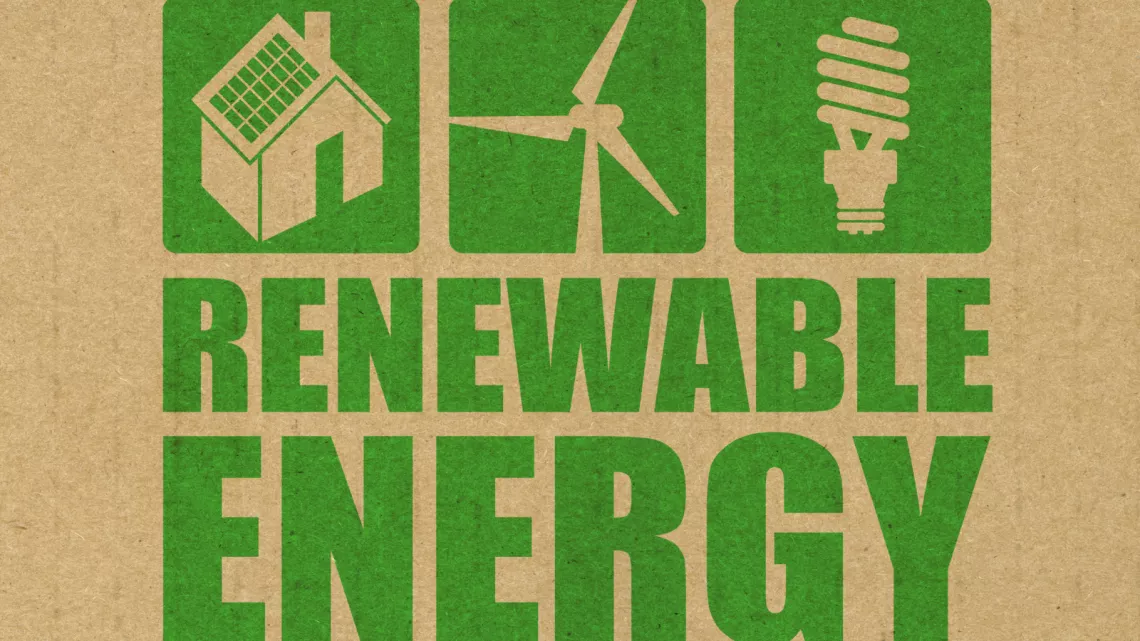
The Maryland Commission on Climate Change 2022 Annual Report has been released! And there's good news on Maryland’s progress and on MCCC's specific recommendations for what Maryland should do now. Sierra Club has played an essential role in Maryland’s climate progress in the last decade, and in concert with a great coalition, it has helped shape a number of the 2022 report’s recommendations!
The report calls 2022 "a year of tremendous achievement" with Maryland showing national climate leadership. As one example, the report points out that Maryland met and exceeded its 2020 emissions reduction goal!
"The independent Commission, in collaboration with state and federal agencies, elected leaders, stakeholders, advocates and the public, guided Maryland to exceed its 2020 goal to reduce greenhouse gas emissions 25% from 2006 levels. Maryland not only achieved this goal, but surpassed it by achieving a 30% reduction by 2020."
That's excellent and welcome news to be celebrated!
The vast majority of this reduction came from reducing pollution from coal-fired power plants. That path for emissions reduction in Maryland isn't an option going forward and there are new, more ambitious greenhouse gas (GHG) reduction targets, so there is much work to be done across a range of sectors.
New GHG reduction goals for Maryland target a 60% reduction below 2006 levels by 2031 and net-zero emissions by 2045, as set by the Climate Solutions Now Act of 2022.
These new targets are reflected in the MCCC recommendations, which were arrived at collaboratively with stakeholders (including Sierra Club and many partners) and represent steps needed to achieve greater emissions reductions. The MCCC’s recommendations include "rapidly accelerating the transition to zero-emissions vehicles, reducing vehicle miles traveled, constructing more clean power generation in state, and prioritizing building decarbonization." They recommendations are designed to set a framework to support rural, urban, and suburban communities’ transition to a more resilient future.
Sierra Club led a process with dozens of partners to bring thoughtful recommendations to the MCCC, and we’re proud to see many of those recommendations reflected in the report.
A few recommendation highlights include:
- Ramping up in-state renewable energy generation through a mix of incentives, programs, and policies, including making the state’s Community Solar pilot program a full permanent program
- Updating the state’s energy efficiency program EmPOWER Maryland to include specific GHG reduction targets, encourage switching to electric appliances and cease incentives for fossil fuel appliances; establishing specific low-income goals for the EmPOWER program.
- Requiring the Public Service Commission (PSC) to issue orders and regulations to meet Climate Solutions Now Act GHG reduction goals, establishing requirements for gas utility planning for a just transition to a near-zero emissions buildings sector in Maryland
- Authorizing MDE to develop a zero-emissions standard for space heating and water heating equipment, aiming for phaseout of non-essential emissions-producing equipment by 2030
- Incentivizing the development of forest product industries that support sustainable forest management and maximize long-term carbon sequestration
- Adopting the Advanced Clean Cars II (ACC II) standards and the Advanced Clean Truck rule and increasing the percentage of federal grant funding for transportation that is used for public transit, bike and pedestrian infrastructure.
In summary, the MCCC Annual Report contains some critical steps that Maryland needs to take to put the state on course for achieving a 60% emissions reduction by 2031 and net-zero emissions by 2045.
Kudos to MCCC and all who participated in the process with suggestions and input to hone the recommendations. Special thanks to the 47 organizations who collaborated in developing or signed on to the community recommendations, many of which showed up in the MCCC Annual Report.
Some important policies are absent from the MCCC annual report, from long-term renewable energy goals to phasing out structural subsidies for gas, and more. But there will be more opportunities to shape Maryland’s climate policy.
In 2023, Maryland will need to create a written plan for how it will achieve 60% reductions by 2031. Sierra Club and partners will be creating our own detailed climate road map to influence that state’s plan. So stay tuned for more information on how you can actively help move the recommendations from ideas to implementation in 2023!